In the dynamic world of travel and tourism, understanding the intricacies of taxation, including GST (Goods and Services Tax), is crucial for travel agencies to operate efficiently and compliantly. At Eazy Startups, we specialize in assisting businesses with GST Registration Online in India, and we recognize the importance of clarity when it comes to GST rates for travel agency services. Let’s delve into this topic to shed light on the applicable GST rates and how Eazy Startups can help streamline the registration process for travel agencies.
- GST Rate for Domestic Travel Services
- GST Rate for International Travel Services
- Accommodation Services GST Rate
- GST Rate for Tour Operator Services
- Benefits of GST Registration for Travel Agencies
GST Rate for Domestic Travel Services:
When it comes to domestic travel services, including domestic air travel, rail travel, and bus travel, the applicable GST rate is 5%. This means that travel agencies offering domestic travel packages or booking domestic transportation services are required to charge 5% GST on the invoiced amount. For example, if a travel agency sells a domestic flight ticket for ₹10,000, the GST charged would be ₹500 (5% of ₹10,000).
GST Rate for International Travel Services:
For international travel services, including international air travel and outbound tour packages, the GST rate is also 5%. Similar to domestic travel services, travel agencies must apply a GST rate of 5% on the invoiced amount for international travel bookings. This uniform GST rate simplifies the taxation process for travel agencies and ensures consistency in compliance across domestic and international travel services.
Accommodation Services GST Rate:
In addition to transportation services, travel agencies often provide accommodation booking services for hotels, resorts, and other lodging establishments. The GST rate for accommodation services varies depending on the room tariff. For rooms with a tariff of ₹1,000 or less per night, the GST rate is 0%. For rooms with a tariff between ₹1,001 and ₹7,500 per night, the GST rate is 12%. Rooms with a tariff of ₹7,501 or more per night are subject to an 18% GST rate.
GST Rate for Tour Operator Services:
Travel agencies that operate as tour operators and offer packaged tour services are subject to a GST rate of 5%. This rate applies to tour packages that include transportation, accommodation, and other travel-related services. By applying a uniform GST rate of 5% to tour operator services, the government aims to promote the growth of the tourism industry and encourage domestic and international travel.
Benefits of GST Registration for Travel Agencies:
While understanding GST rates is essential, registering for GST offers numerous benefits for travel agencies. GST Registration Online in India enables travel agencies to avail input tax credits on goods and services used in their business operations, thereby reducing the overall tax liability. Additionally, GST registration enhances the credibility of a travel agency and facilitates seamless compliance with tax laws, leading to smoother business operations and increased customer trust.
Conclusion
In conclusion, understanding the applicable GST rates for travel agency services is essential for compliance and operational efficiency. By charging the correct GST rates on domestic and international travel services, accommodation bookings, and tour operator services, travel agencies can ensure compliance with tax laws while providing value-added services to customers. With Eazy Startups by your side, navigating Compliance and GST Registration Online in India becomes a breeze, allowing you to focus on growing your travel agency business and delighting your customers with unforgettable travel experiences.

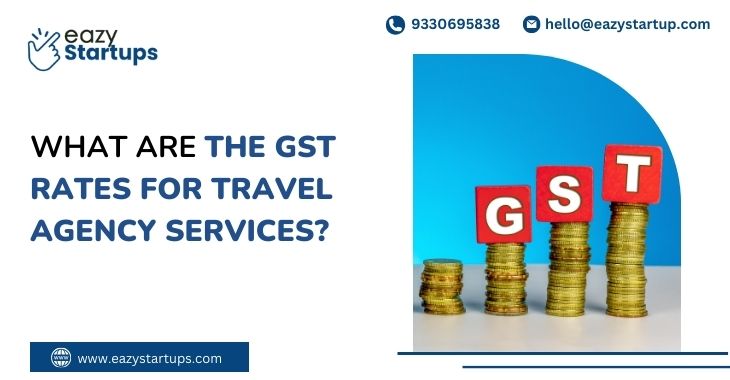
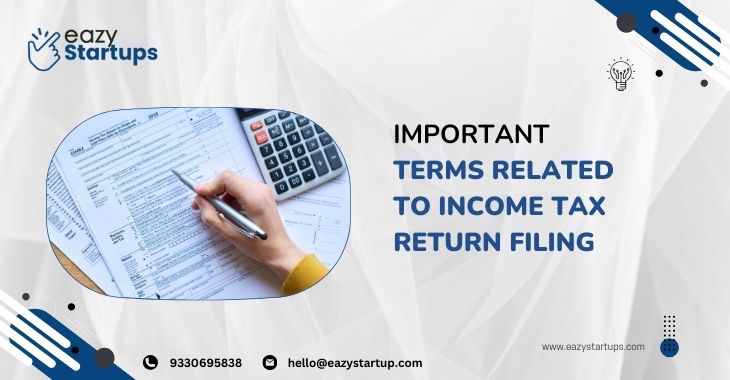

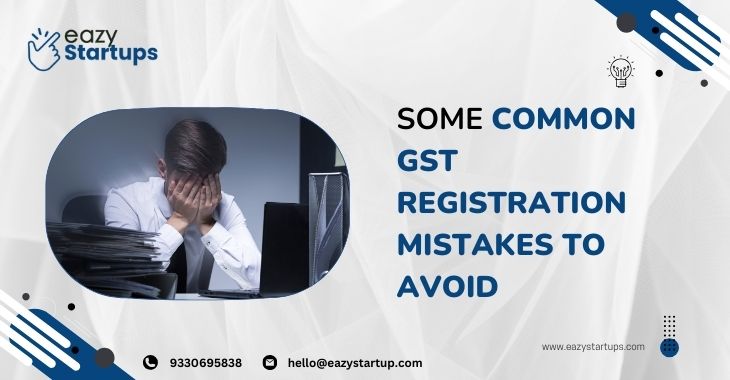
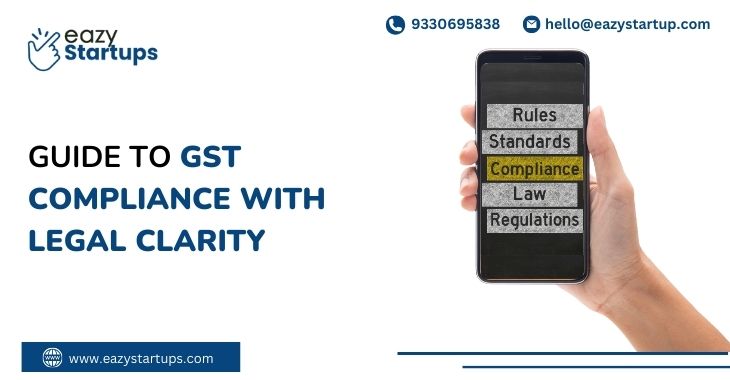


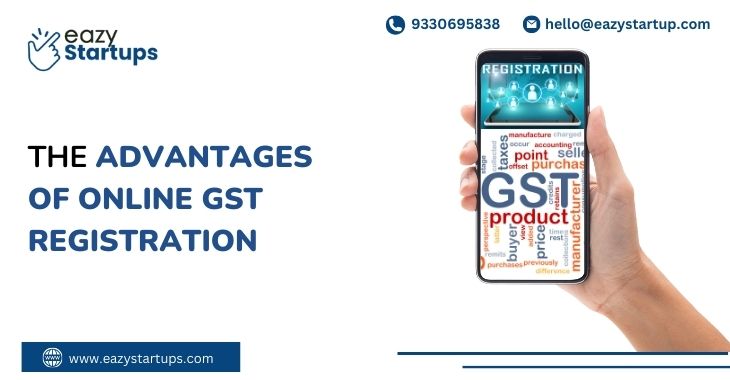


Recent Comments